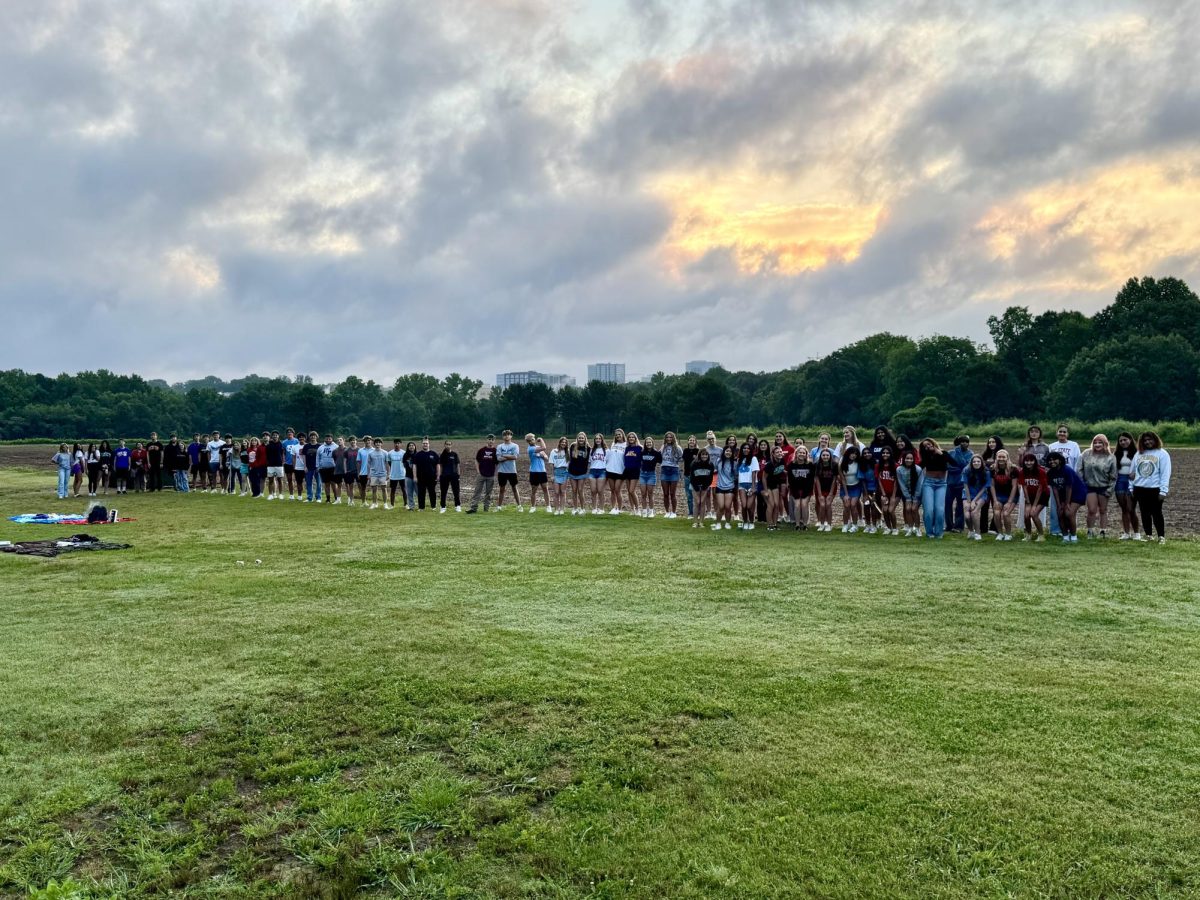Since President Donald Trump took office in January 2025, mass arrests and deportations of undocumented immigrants have rapidly increased, in fulfillment of his campaign promise to conduct mass deportations. The majority of these immigrants have not committed any crimes except for their illegal immigration, and have peacefully lived and worked in the United States and their local communities for years. In addition to illegal immigrants, many legal immigrants have also faced increased difficulties since this increase of mass arrests and deportations began.
Several of these arrests and deportations have been criticized as illegal or dangerous, and have been very frightening for many. Some prominent cases include the arrest of Mahmoud Khalil, a permanent resident arrested without a warrant as punishment for his involvement in pro-Palestinian protests at Columbia University; Rümeysa Öztürk, a student journalist at Tufts University who legally entered the U.S. from Türkiye to pursue her education, and was arrested by plainclothes agents for co-authoring an op-ed supporting pro-Palestinian protests in her university’s newspaper; and Kilmar Abrego Garcia, a man who was illegally deported without any charge to El Salvador, in spite of a 2019 court order that said he could not be deported there.
These arrests are principally being conducted by agents of the U.S. Immigration and Customs Enforcement (ICE). Many immigrants, regardless of citizenship status, are worried about these mass deportations and what to do if ICE tries to arrest them.
In order to legally enter someone’s house without their consent, officers require a search warrant. Without one of these warrants, issued and signed by a judge, ICE cannot enter a person’s house without consent. All people living in America, regardless of how they came to be here, have other constitutionally protected rights as well: they have the right to a fair trial with legal representation, and should not be deported without due process; they have the right to not be arrested or detained, unless there is a valid reason to do so; and they have the right to record encounters with the police or ICE.
“You are protected under the Fourth Amendment from unlawful searches and seizures, so we, the police or any law enforcement agency, can’t just come into your house without permission,” said Officer Walker, School Resource Officer at Athens Drive.
It can be frightening and stressful to be stopped on the road by ICE, so it is important for every driver to be prepared. Drivers should always have their registration and driver’s license on them or in their car, and should communicate with officers what they are doing before grabbing it, so that officers do not think the driver is reaching for a weapon or something else they should not be reaching for. While drivers must answer questions about their vehicle registration, they do not have to answer any questions about their immigration status, and the police can only search their vehicle if there is clear evidence or probable cause of illegal activity (for example, if there are drugs in the passenger seat).
“If you’re stopped by the police, you should always have your necessary materials prepared: you should know where your registration is; you should always have your driver’s license on you,” said Walker. “You can treat ICE just like a police officer.”
If an ICE agent knocks on someone’s door, they do not have to be let in immediately. The resident of the house should first ask to see their warrant; ICE should have a warrant issued and signed by a judge to enter the residence. If ICE does not have a warrant, but there is clearly visible evidence of illegal activity, or a clear reason to believe that evidence of illegal activity is being destroyed, they can enter without a warrant. ICE agents without a warrant or a clear reason to enter a residence can only enter it with the inhabitant’s consent, and they may revoke that consent at any time.
“The school is protected,” said Walker. “ICE can’t just come into the building and take you.”
Just like houses, ICE agents require a valid warrant to enter a school. Under WCPSS policy, school staff may not ask students or families about their immigration status, and staff are not required to report undocumented students to federal authorities. Undocumented immigrants have a legal right to education, just like everyone else residing in the United States, and ICE will generally not be allowed into a school without a warrant. Overall, schools are generally secure and safe places where students, regardless of their immigration status, can learn and socialize freely without fear of being arrested due to their immigration status.
“Stay out of trouble, especially if you don’t have your papers, stay out of trouble. Your family worked hard, and it was very dangerous to get here. Regardless of if they did it the right way or the wrong way, they did it for a reason,” said Walker. “My hope is — and this is not with law enforcement — my hope is that we can come together, and that for the people that are already here there can be a way to gain citizenship.”













